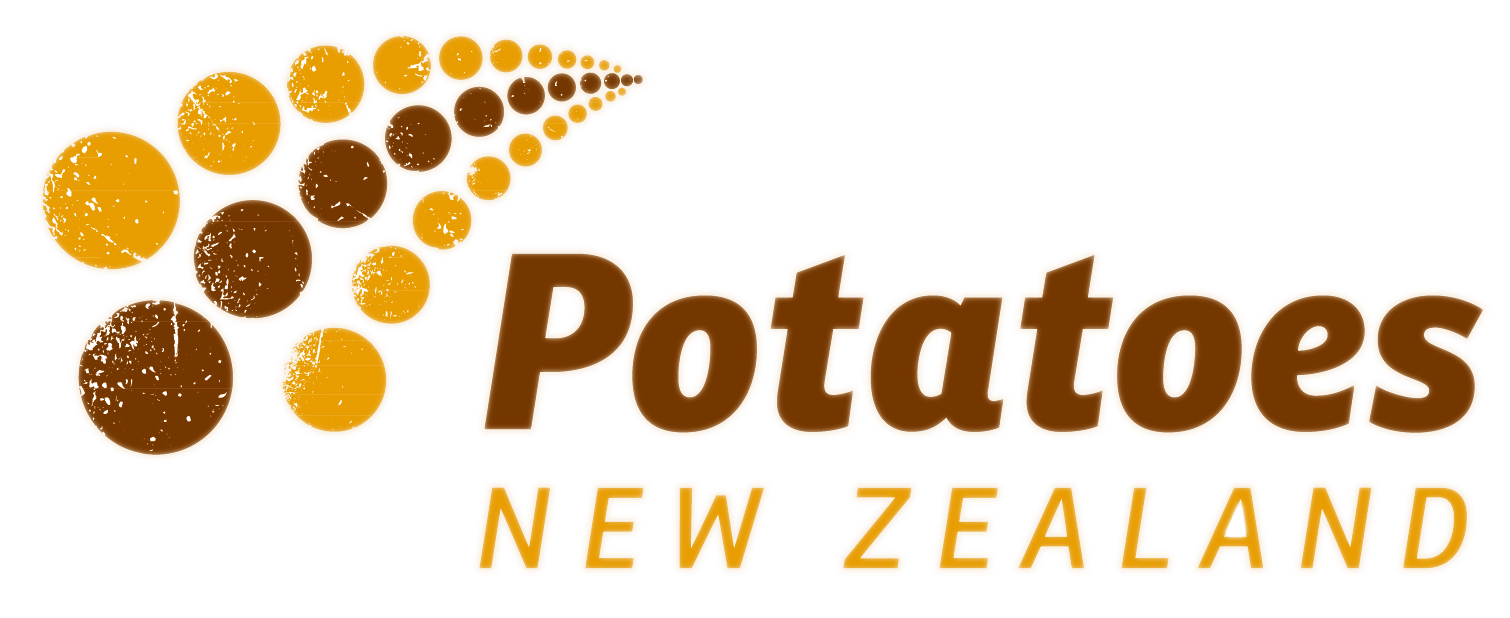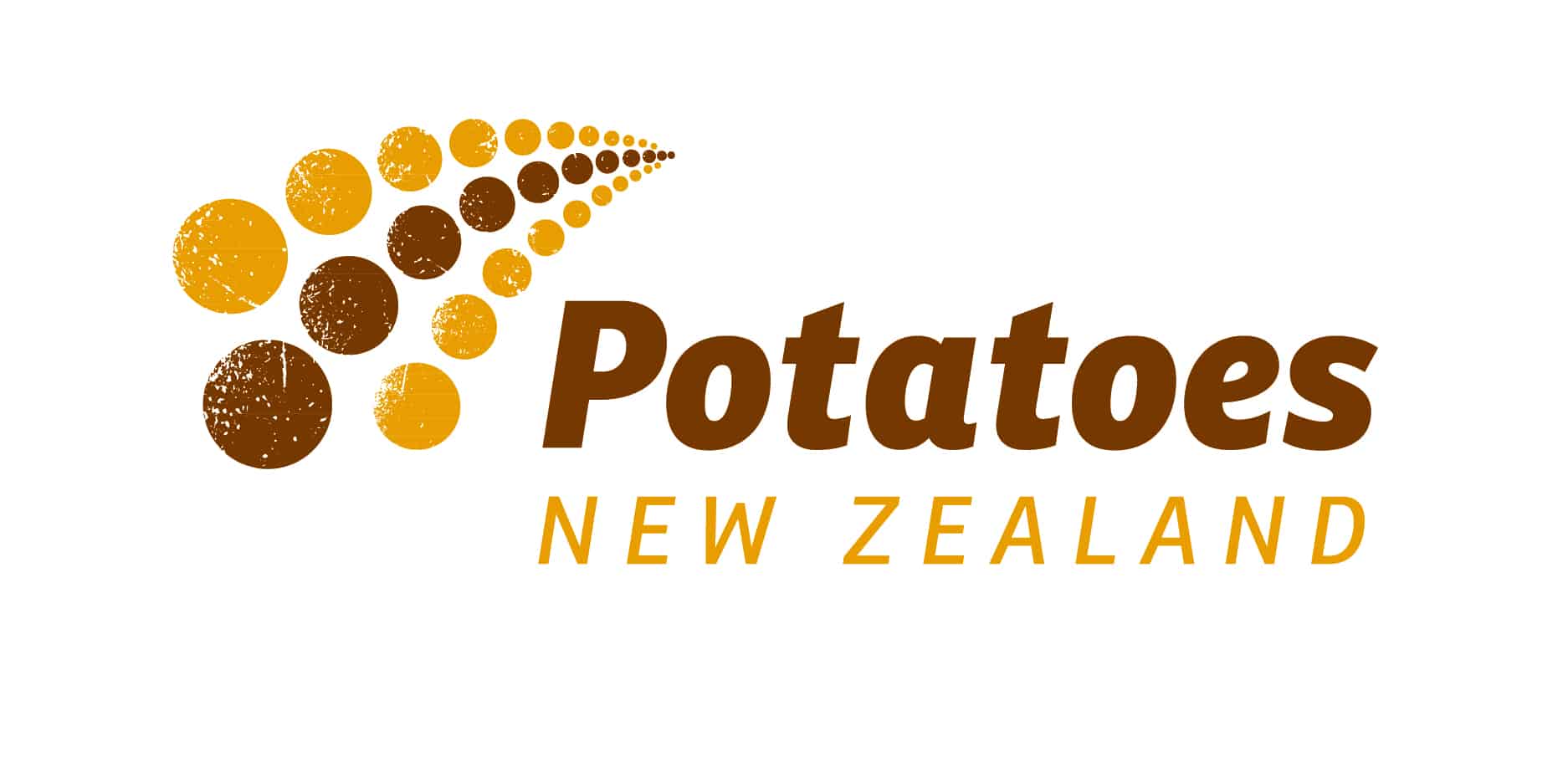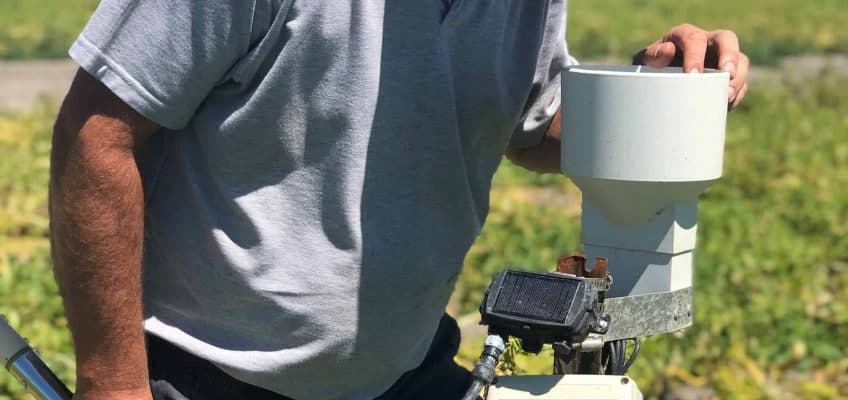Oakley’s is a family run farm in Canterbury, New Zealand. They have recently published their thoughts on using water sustainably and with their permission, this is an abstract from their webpage article.
The latest research tells us the planet has warmed by 1° Celsius since the industrial revolution in 1750 (1). The warming is due to gases emitted into the atmosphere from human activity, such as industry. Scientists expect the concentration of those gases will continue to rise. While a warmer environment doesn’t always mean the weather will get warmer, it means most farmers in the north island and those on the east coast of the south island, especially Canterbury, will spend 5-10% more time in drought by the middle of this century.
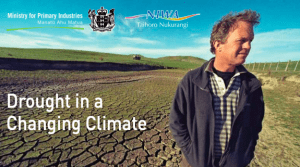
This means we need to regularly monitor and plan when to irrigate our crops, and the volume of water to use. This is done using cutting edge technology, which tells farmers in real time, the soil moisture and precipitation.
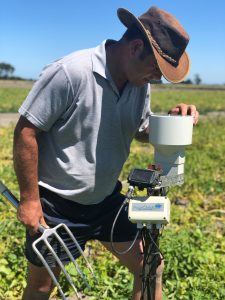
The probe indicates when there is too much water; which makes the soil clump and blocks vital airflow needed for potato growth and also indicates low water; which is the stress point at which potatoes will not grow at all. Careful monitoring indicates when paddocks need more water, and exactly how much. For example, in the month of December, Canterbury had a lot of rainfall. Instead of blindly irrigating the soil and wasting precious water, the exact amount necessary is applied.
Potatoes, in general, don’t need much water to yield 1kg of crop.
A report published by the Institution of Mechanical Engineers tells us that it takes 287L of water to yield 1kg of potatoes (2). This is low when compared to other foods. For example, 1kg of sheep meat requires 15,415L of water, rice 2,497L and past 1,849L.
If we look at it this way, potatoes are more sustainable as a source of carbohydrates.
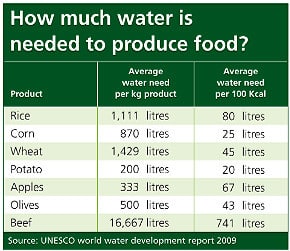
Works cited:
(1) National Institute of Water & Atmospheric Research, Drought in a Changing Climate.
(2) Guardian, T. How much water is needed to produce food and how much do we waste? | News | theguardian.com. 2013 2013-01-10 [cited 2019 25 January]; Available from: https://www.theguardian.com/news/datablog/2013/jan/10/how-much-water-food-production-waste.
Oakleys Farm, are one example of how the industry utilize technology to maintain best sustainable practice. Farmers in our industry are constantly looking for the most practicable way to maintain their business, which goes hand-in-hand with being mindful of the environment and climate, upon which their livelihood exists.
